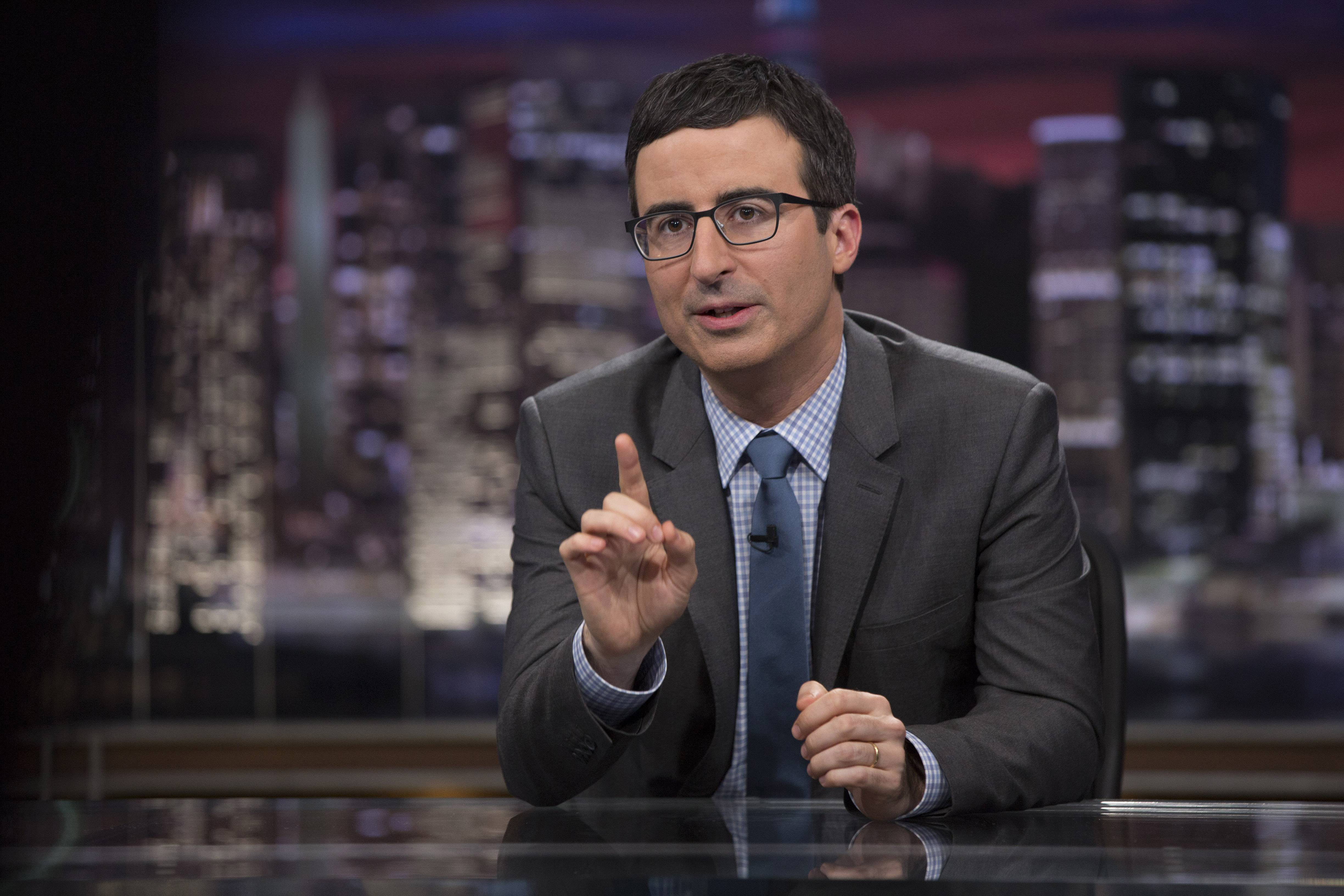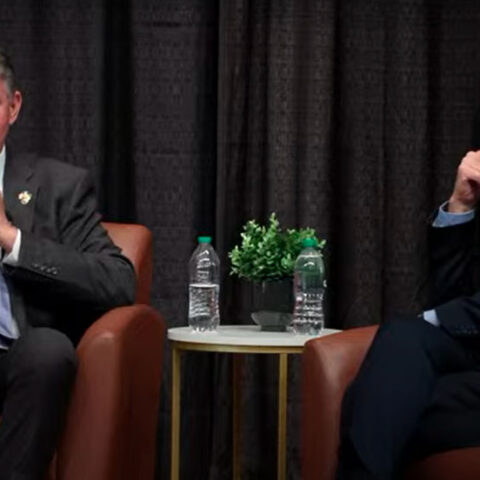You may have heard John Oliver teach sex education to his audience; you may have seen the legendary interview in which Stephen Hawking dissed him; you also may have heard his name in reference to the net neutrality debate, a hot topic in politics last winter. Since 2014, John Oliver has skyrocketed to fame with his satirical news show, “Last Week Tonight with John Oliver.” His hard-hitting reporting, relatable segments and camaraderie with his viewers have created a potent combination that Time Magazine has called “The John Oliver Effect”− an effect that promises to make an impact on the culture of American journalism.
“Last Week Tonight” is a half-hour newscast filmed in New York City, which airs on HBO. The weekly satirical newscast examines politics, current events and social trends, with a particular focus on American issues. Although the series has only aired for two seasons, it has covered an impressive and diverse number of topics, including transgender rights, the American education system, food waste and government surveillance. The show has also boasted many famous faces like Stephen Hawking and Bill Nye in short cameos.
The British-born journalist’s career has prepared him well for his role on “Last Week Tonight.” Oliver began a satirical, news-based podcast in 2007 called The Bugle, in which he and his contemporary, Andy Zaltzman, deliver weekly comedy segments. He starred in his own series on Comedy Central, “John Oliver’s New York Stand-Up Show,” and was a feature writer and correspondent for “The Daily Show” for five years. After hosting The Daily Show while Jon Stewart was on leave, Oliver caught the attention of HBO producers who approached him about his own newscast.
The newscast has become a huge hit since its premiere in April of 2014, winning five awards, including an Emmy and a Peabody, in the span of only two seasons. In February, HBO renewed the show for two more seasons to be aired in 2016 and 2017. Many of Oliver’s news segments, posted to YouTube by HBO, have been viewed millions of times and have been shared across social media sites like Facebook, Reddit and Twitter.
What makes Oliver’s popularity even more notable is that his success is occurring at a time when traditional news sources have seen a decline in overall viewership. Major networks like FOX, MSNCB and CNN have been scrambling to maintain ratings that they once had and are straining to develop tactics to help them stay relevant in the ever-growing digital world. So what is making John Oliver so successful?
Oliver’s satirical and humorous take on the news has managed to create a unique brand of reporting that has both gained him a loyal fan base and has had him compared to other satirical media personas like Stephen Colbert and Jon Stewart. He sprinkles humor into each episode by referencing silly pop culture phenomena, acting out exaggerated caricatures of people he mocks and perfectly executing British dry humor, a comedy tactic that Americans seem to love. Oliver loves to embarrass leaders he believes to be incompetent, like when he exposed President Bashar al-Assad’s love for pop music or called the Federal Communications Commission (FCC) Chairman Tom Wheeler a dingo.
Oliver’s success can also be attributed to his ability for exposing absurdities in our social system. He delivers well-written, well-researched and reliable segments on issues to which his audience can relate. He has a knack for explaining a complex issue through his use of analogies and examples, and an even greater knack for encouraging his audience to care.
He also exhibits a number of key traits lacking in the previously mentioned cable news networks. Oliver’s audience trusts him as someone who has demonstrated transparent journalism and who points out topics that beg discussion. His news clips appeal to millennials through their social media shareability. His mix of both goofy and intelligent humor makes him more engaging than other serious news personnel. Most importantly, Oliver gives his news segments the time they deserve, thoroughly walking his audience through the background, the crux of the issue, and the implications of the problem during his 13-minute-long segments.
Oliver’s journalism has created a loyal audience base that he calls on to take specific action steps. When the Net Neutrality debate occurred last winter, Oliver called on his viewers to post their comments in support of net neutrality on the FCC’s website. Thousands of people then commented on the FCC’s website, causing it to crash multiple times. The overwhelming citizen participation in the debate helped contribute to the FCC classification that Internet providers are public utilities in February.
Oliver’s ability to influence the awareness, and harness the power of thousands of individuals has great implications for the future of news casting. His segments are popular because they depict news that people can relate to, showing that there is a large demographic of people who are interested in in-depth, trustworthy and engaging news. His audience members’ impressive reception to his segments and willingness to engage in action shows that Americans are eager to talk about social justice issues and to find solutions to these problems.
John Oliver’s “Last Week Tonight” is providing a voice for those who are not properly represented by traditional cable news outlets. He is paving the way for a new form of popular journalism: one in which thoroughness trumps brevity, humor can be used for informational purposes, and relatability receives views. If other news moguls like CNN and FOX want to keep up with John Oliver’s growing success and influence, they are going to have to change their tactics.
Photo Credit: indiewire


